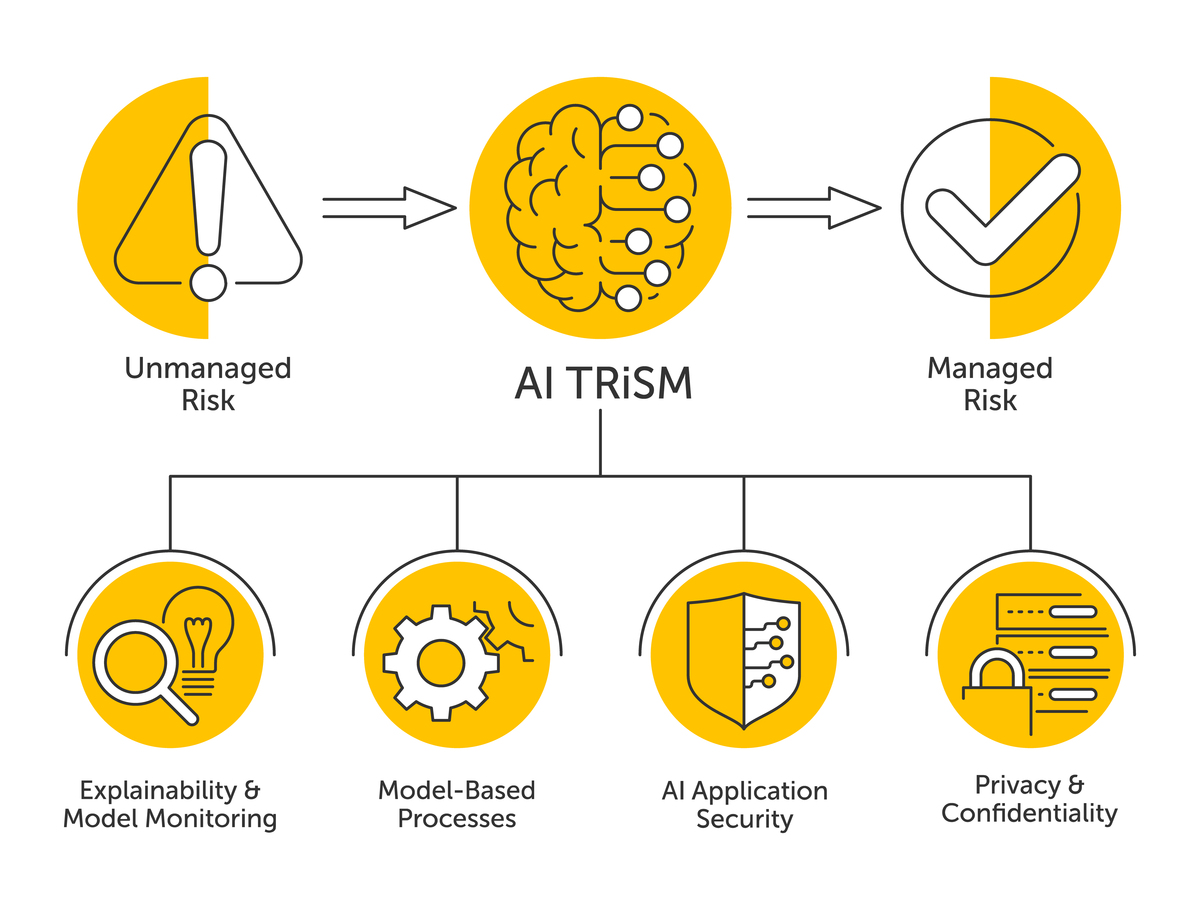Speech Enhancement Neural Network (SENN) Training
from future import absolute_import from future import division from future import print_function
from datetime import datetime import os.path import time import ipdb import numpy as np import tensorflow as tf import SENN import audio_reader
LR = 0.00001
FLAGS = tf.app.flags.FLAGS
store the check points
tf.app.flags.DEFINE_string(
'train_dir',
'./train_dir',
'''Directory where to write event logs ''')
write summary about the loss and etc.
tf.app.flags.DEFINE_string(
'sum_dir',
'./sum_dir',
'''Directory where to write summary ''')
noise directory
tf.app.flags.DEFINE_string(
'noise_dir',
'D:/graduation_design/data/noisy_trainset_56spk_wav/noisy_trainset_56spk_wav',
# '/home/nca/Downloads/raw_data/Nonspeech_train/',
'''Directory where to load noise ''')
speech directory
tf.app.flags.DEFINE_string(
'speech_dir',
'D:/graduation_design/data/clean_trainset_56spk_wav/clean_trainset_56spk_wav',
# '/home/nca/Downloads/raw_data/speech_train/',
'''Directory where to load speech ''')
validation noise directory
tf.app.flags.DEFINE_string(
'val_noise_dir',
'D:/graduation_design/data/noisy_testset_wav/noisy_testset_wav',
# '/home/nca/Downloads/raw_data/Nonspeech_test/',
'''Directory where to load noise ''')
validation speech directory
tf.app.flags.DEFINE_string(
'val_speech_dir',
'D:/graduation_design/data/clean_testset_wav/clean_testset_wav',
# '/home/nca/Downloads/raw_data/speech_test/',
'''Directory where to load noise ''')
tf.app.flags.DEFINE_integer('max_steps', 2000000000,
'''Number of batches to run.''')
import argparse
parser = argparse.ArgumentParser() parser.add_argument('--train_dir', type=str, default='./train_dir', help='Directory where to write event logs') parser.add_argument('--sum_dir', type=str, default='./sum_dir', help='Directory where to write summary') parser.add_argument('--noise_dir', type=str, default='D:/graduation_design/data/noisy_trainset_56spk_wav/noisy_trainset_56spk_wav', help='Directory where to load noise') parser.add_argument('--speech_dir', type=str, default='D:/graduation_design/data/clean_trainset_56spk_wav/clean_trainset_56spk_wav', help='Directory where to load speech') parser.add_argument('--val_noise_dir', type=str, default='D:/graduation_design/data/noisy_testset_wav/noisy_testset_wav', help='Directory where to load noise') parser.add_argument('--val_speech_dir', type=str, default='D:/graduation_design/data/clean_testset_wav/clean_testset_wav', help='Directory where to load noise') parser.add_argument('--max_steps', type=int, default=2000000000, help='Number of batches to run.') args = parser.parse_args()
train_dir = args.train_dir sum_dir = args.sum_dir noise_dir = args.noise_dir speech_dir = args.speech_dir val_noise_dir = args.val_noise_dir val_speech_dir = args.val_speech_dir max_steps = args.max_steps
NFFT = 256 # number of fft points NEFF = 129 # number of effective fft points frame_move = 64 # hop size batch_size = 128 N_IN = 8 # number of frames presented to the net N_OUT = 1 # output frame number validation_samples = 848824 # total numbers of the validation set batch_of_val = np.floor(validation_samples / batch_size)
after all the batches, dequeue the left to make sure
all the samples in the validation set are the same
val_left_to_dequeue = validation_samples - batch_of_val * batch_size val_loss = np.zeros([1000000])
def train(): coord = tf.train.Coordinator()
# speech reader
audio_rd = audio_reader.Audio_reader(
speech_dir, noise_dir, coord, N_IN, NFFT,
frame_move, is_val=False)
# noise reader
val_audio_rd = audio_reader.Audio_reader(
val_speech_dir, val_noise_dir, coord, N_IN, NFFT,
frame_move, is_val=False)
# flag for validation or training
is_val = tf.placeholder(dtype=tf.bool, shape=())
# speech enhancement net
SE_Net = SENN.SE_NET(
batch_size, NEFF, N_IN, N_OUT)
# raw data frames
train_data_frames = audio_rd.dequeue(batch_size)
val_data_frames = val_audio_rd.dequeue(batch_size)
# select which to use in validation or training
data_frames = tf.cond(
is_val, lambda: val_data_frames, lambda: train_data_frames)
# transform raw data into inputs for the nets
# it is not done in preprocessing because it runs really fast
# and we don't need to store all the mixed samples
images, targets = SE_Net.inputs(data_frames)
# infer the clean speech
inf_targets = SE_Net.inference(images, is_train=True)
loss = SE_Net.loss(inf_targets, targets) # compute loss
train_op = SE_Net.train(loss, LR) # optimizer
saver = tf.train.Saver(tf.all_variables())
summary_op = tf.merge_all_summaries()
init = tf.initialize_all_variables()
sess = tf.Session()
sess.run(init)
audio_rd.start_threads(sess) # start audio reading threads
val_audio_rd.start_threads(sess)
# tf.train.start_queue_runners(sess=sess)
summary_writer = tf.train.SummaryWriter(
sum_dir,
sess.graph)
# to track the times of validation
val_loss_id = 0
for step in xrange(max_steps):
start_time = time.time()
_, loss_value = sess.run(
[train_op, loss], feed_dict={is_val: False})
# images_batch, targets_batch, inf_batch, _, loss_value = sess.run(
# [images, targets, inf_targets, train_op, loss], feed_dict={is_val: False})
# ipdb.set_trace()
duration = time.time() - start_time
assert not np.isnan(loss_value), 'Model diverged with loss = NaN'
# display training loss every 100 steps
if step % 100 == 0:
# if step % 10000000 == 0:
# ipdb.set_trace()
num_examples_per_step = batch_size
examples_per_sec = num_examples_per_step / duration
sec_per_batch = float(duration)
format_str = (
'%s: step %d, loss = %.2f (%.1f examples/sec; %.3f ' 'sec/batch)')
print (format_str % (datetime.now(), step, loss_value,
examples_per_sec, sec_per_batch))
# write summary every 100 step
if step % 100 == 0:
summary_str = sess.run(
summary_op, feed_dict={is_val: False})
summary_writer.add_summary(summary_str, step)
# do validation every 100000 step
if step % 100000 == 0 or (step + 1) == max_steps:
np_val_loss = 0
print('Doing validation, please wait ...')
for j in range(int(batch_of_val)):
# images_batch, targets_batch, inf_batch, temp_loss = sess.run(
# [images, targets, inf_targets, loss],
temp_loss, = sess.run(
[loss],
feed_dict={is_val: True})
# ipdb.set_trace()
np_val_loss += temp_loss
val_audio_rd.dequeue(val_left_to_dequeue)
mean_val_loss = np_val_loss / batch_of_val
print('validation loss %.2f' % mean_val_loss)
val_loss[val_loss_id] = mean_val_loss
val_loss_id += 1
np.save('val_loss2.npy', val_loss)
# store the model every 10000 step
if step % 10000 == 0 or (step + 1) == max_steps:
checkpoint_path = os.path.join(train_dir, 'model.ckpt')
saver.save(sess, checkpoint_path, global_step=step)
train()

原文地址: https://www.cveoy.top/t/topic/ntdz 著作权归作者所有。请勿转载和采集!